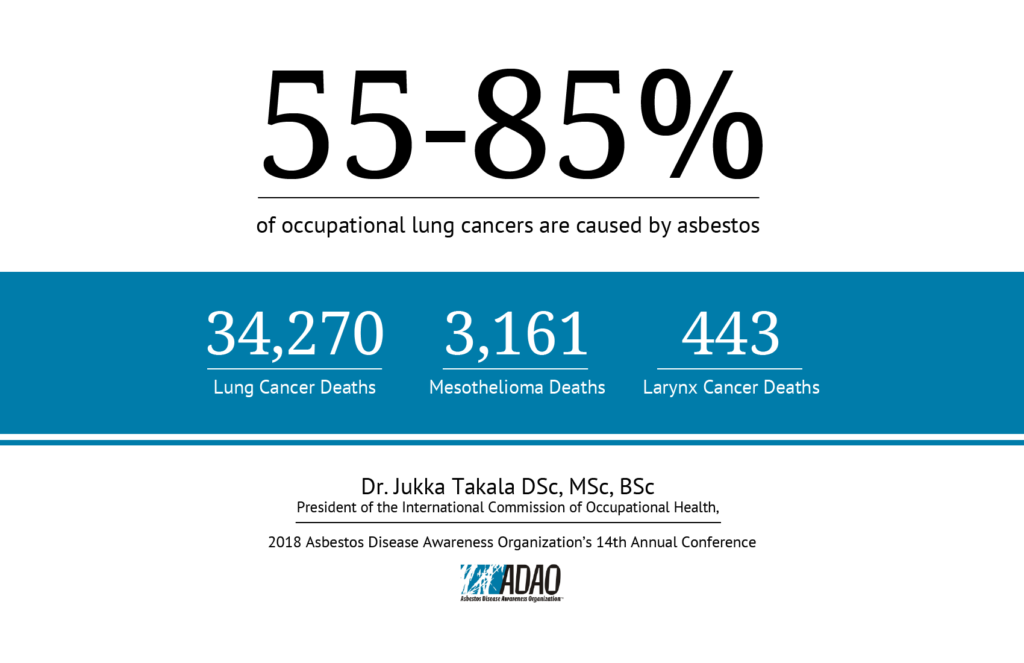A Cook County Court will see a case against a North Dakota company, thanks to a momentous order by Honorable Judge Clare E. McWilliams granting personal jurisdiction to the Illinois forum.
The February 20th order in the John C. Clark v. A.W. Chesterton Company, et al. case sets a new precedent for Illinois residents seeking trial in their home state and offers a more efficient path to justice in mesothelioma and asbestos cases.
While working as an employee of the Illinois-based United Conveyor Corporation, John C. Clark was contracted for a job for the North Dakota Great River Energy company. As such, he traveled back and forth between the two states. For the duration of his contract with GRE, Clark was subjected to asbestos exposure both on the job and upon his return home to Illinois, where the “take-home exposure” from asbestos dust on his clothes and shoes continued to damage his lungs.
Seeking relief from his injury, Clark sued GRE in Illinois court, only for the company to attempt to have the case dismissed over a personal jurisdiction dispute.
Judge McWilliams’ order denies GRE’s claims that personal jurisdiction cannot be established in Illinois and company requests to relocate the trial to North Dakota or Minnesota due to their location. Such claims would allow the company to put a greater burden on the injured party, forcing Clark to relocate the case.
In her order, the judge stated that because GRE worked with an Illinois company, and allowed employees to travel back into the state without establishing proper safety precautions that prevented asbestos exposure in Cook County, the case should be tried in an Illinois Court. As Clark’s injury occurred in Illinois, the state will have jurisdiction and be allowed to try the case.
The decision also protects Clark’s chances of obtaining “efficient and effective relief”, allowing him to remain in Illinois and avoid the expenses of multiple lawsuits across state lines.
This development marks a historic victory for asbestos and mesothelioma victims seeking legal recourse. Many employees who have suffered occupational exposure to asbestos traveled out of state for their jobs, frequently in professions like construction or industrial work. A multijurisdictional case, in which a Plaintiff must seek trial in every state in which they worked and suffered exposure, can be lengthy and complicated, causing undue stress and financial difficulty to injured parties seeking justice.
Judge McWilliams’ decision in Clark v. A.W. Chesterton creates a model which future mesothelioma cases may follow and outlines a swift and uncomplicated path to justice for victims of asbestos exposure. Due to the Court’s most recent order, Illinois workers seeking redress for injury inflicted by out-of-state companies may be able to remain in their home state for trial.



